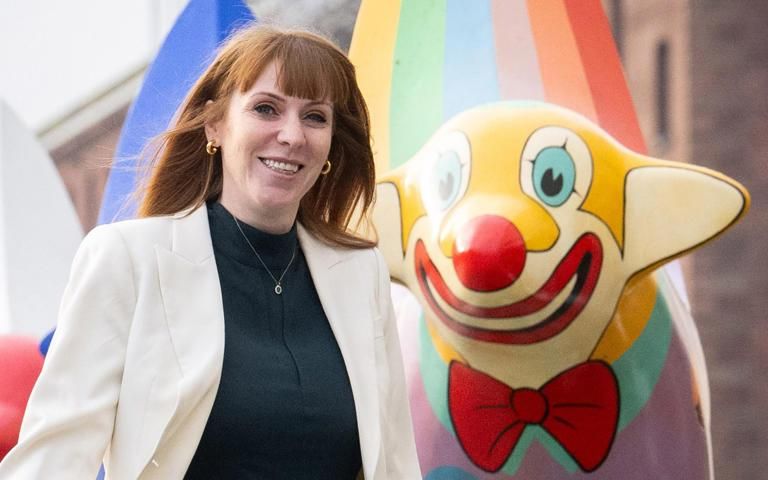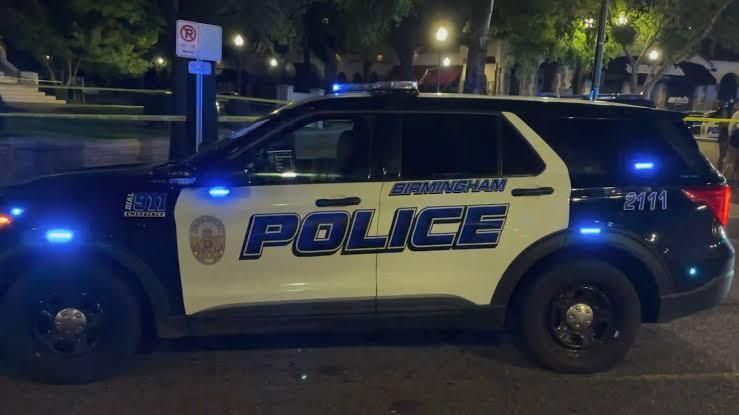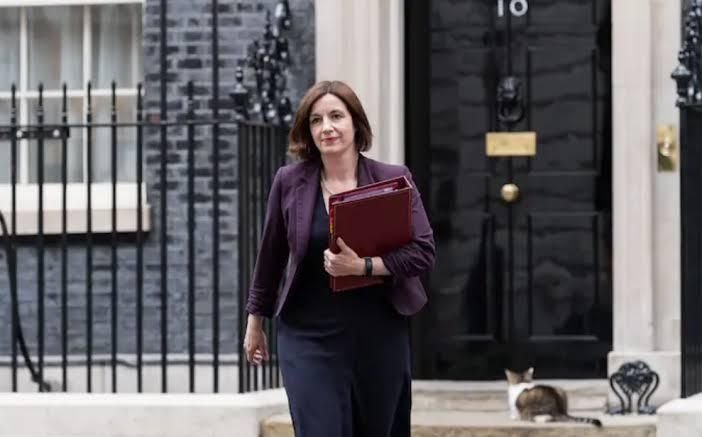Sri Lanka's presidential election is being led by left-leaning politician Anura Kumara Dissanayake.
This Saturday's election is the first since Gotabaya Rajapaksa was overthrown by widespread demonstrations in 2022, following the nation's worst economic crisis.
Strong anti-corruption policies and effective governance are two things that Dissanayake promised voters, and these promises have struck a chord with voters who have been demanding systemic change since the catastrophe.
As of Sunday morning, 42% of the votes counted went to Dissanayake, according to the most recent data. It takes 51% of the vote to declare a candidate the winner.With about 32% of the vote, opposition leader Sajith Premadasa is in second place. Seeking a second term, President Ranil Wickremesinghe has won sixteen percent of the vote thus far, while the nephew of the outgoing president, Namal Rajapaksa, has received about three percent.
If a candidate fails to secure 51% of the votes in the first round of counting, a second round will be held to include voters' second and third choice for president.
All of Sri Lanka's eight presidential elections since 1982 have seen the winner emerge during the first round of counting. This election has been described as one of the closest in the country's history.
Seventeen million Sri Lankans were eligible to vote on Saturday and the country's elections commission said it was the most peaceful in the country's history.
Still, police announced a curfew late Saturday night citing "public safety. It was extended until noon local time (06:30 GMT).
Although he has not yet received the required number of votes to win, Dissanayake has received messages of congratulations from supporters of his two main rivals, Wickremesinghe and Premadasa.
Foreign Minister Ali Sabry said on X that early results clearly pointed to a victory by Dissanayake.
"Though I heavily campaigned for President Ranil Wickremesinghe, the people of Sri Lanka have made their decision, and I fully respect their mandate for Anura Kumara Dissanayake," he said.
MP Harsha de Silva, who supported Premadasa, said he called Dissanayake to offer his congratulations.
“We campaigned hard for @sajithpremadasa but it was not to be. It is now clear @anuradisanayake will be the new President of #SriLanka," said de Silva, who represents Colombo in parliament.
Another Premadasa supporter, Tamil National Alliance (TNA) spokesman MA Sumanthiran, said Dissanayake delivered an "impressive win" without relying on "racial or religious chauvinism".
The country's new president will be faced with the twin tasks of reviving the economy and lifting millions from crushing poverty.
An economic meltdown fueled the "Aragalaya" (struggle) uprising that unseated Rajapaksa from the presidential palace in 2022.
At that time, Sri Lanka's foreign currency reserves had dried up, leaving the country unable to import essentials such as fuel. Public debt had ballooned to $83bn while inflation zoomed to 70%.
This made basics like food and medicine unaffordable to to ordinary people.
The country's economic misery has been blamed on major policy errors, weak exports and years of under-taxation. This was exacerbated by the Covid-19 pandemic, which choked tourism, a key economic driver.
But many people have also blamed corruption and mismanagement, fuelling anger against Rajapaksa and his family, who collectively ruled Sri Lanka for more than 10 years.
"The most serious challenge is how to restore this economy," said Dr. Athulasiri Samarakoon, a political scientist at the Open University of Sri Lanka, told the BBC Sinhala Service.
In order to open up new finance channels, Wickremesinghe obtained a $2.9 billion lifeline from the International Monetary Fund (IMF) during his term. However, this lifeline comes with stringent reforms to governance and economic policies.
As required by the IMF, Sri Lanka is renegotiating the conditions of its loan payments with both domestic and foreign lenders. The nation's $36 billion foreign debt, of which $7 billion is owing to China, its largest bilateral creditor, has received most of the attention.
Dissanayake has committed to growing the IT, industrial, and agricultural industries. Additionally, he has pledged to increase the tax base and change the tax rates.
Premadasa has also advocated for the creation of 25 new industrial zones and IT. He remarked that in order for tourism to become the nation's top foreign currency earner.
Wickremesinghe during the campaign said he would double tourist arrivals and establish a national wealth fund as well as new economic zones to increase growth.
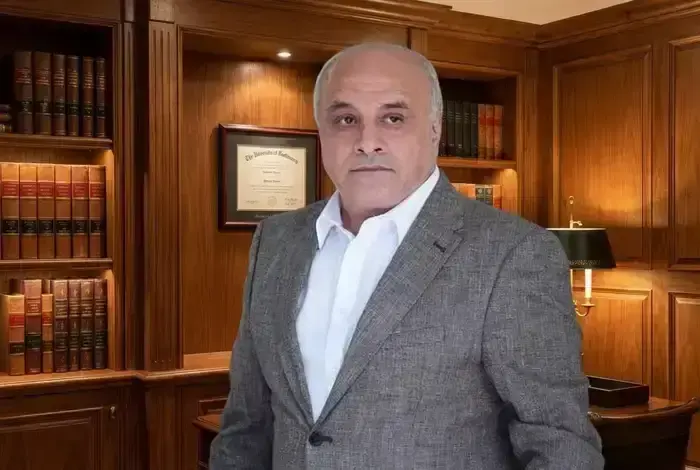

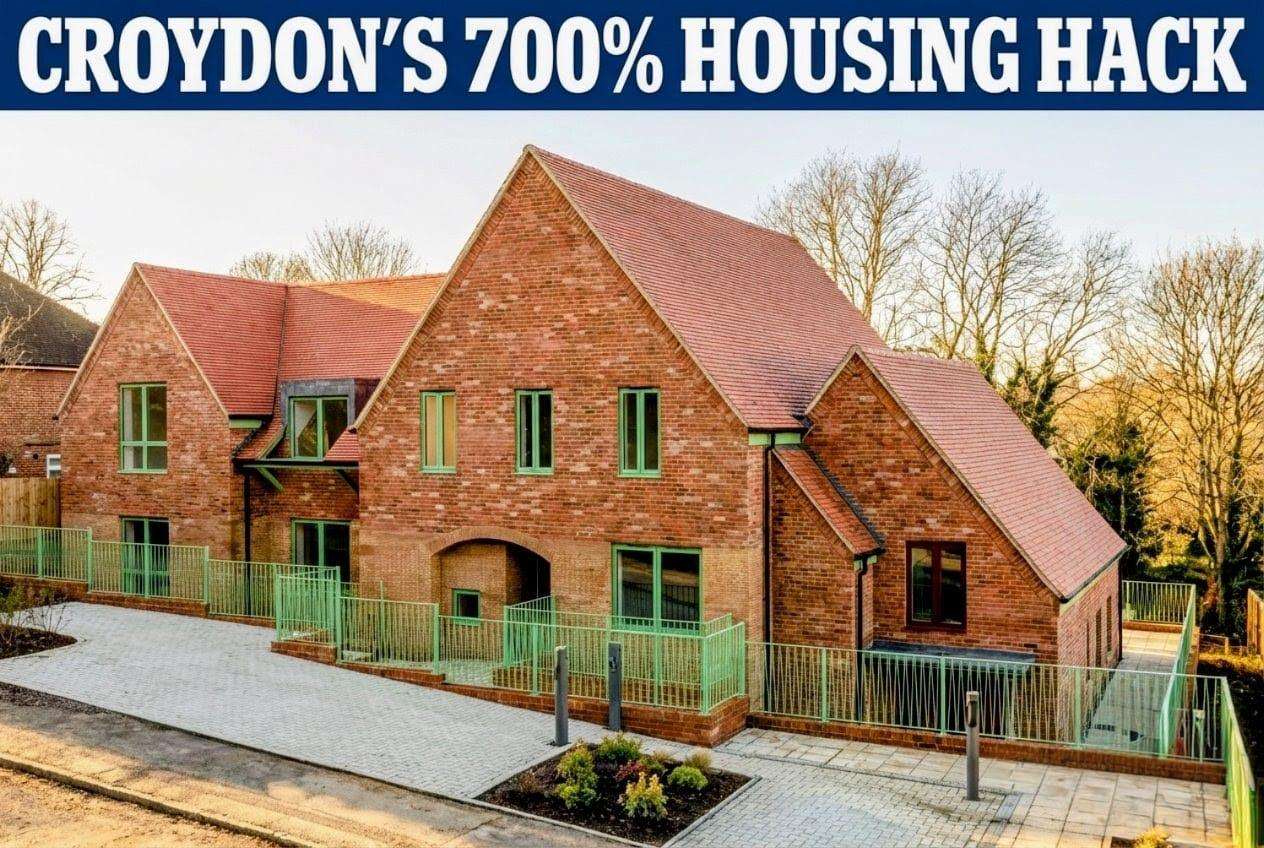
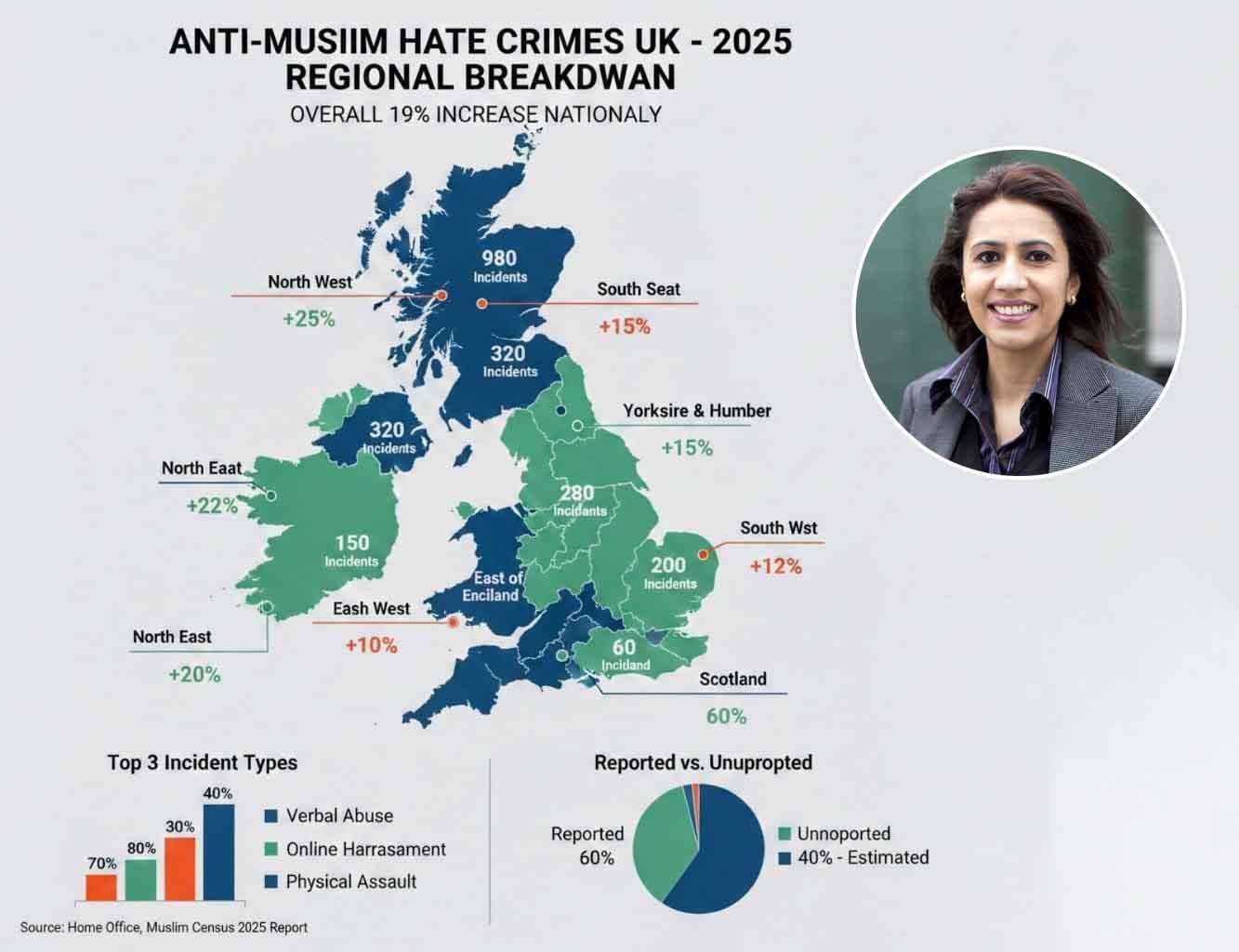



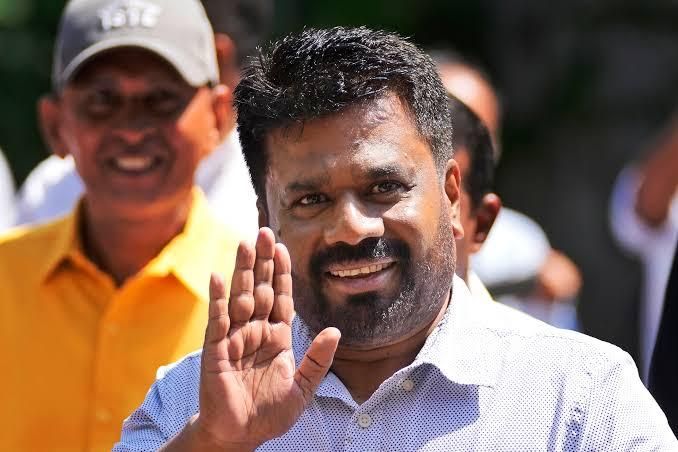
.svg)

